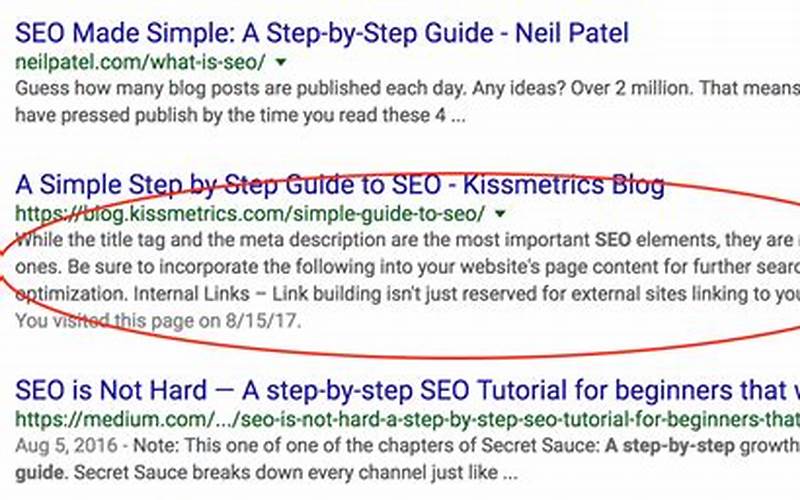Take Cold Medicine
 Source: tse1.mm.bing.net
Source: tse1.mm.bing.net
Cold and flu are common illnesses that can affect anyone at any time. When you catch a cold, you may experience symptoms such as a runny or stuffy nose, sore throat, cough, and general discomfort. These symptoms can disrupt your daily activities and make you feel miserable. Taking cold medicine can help alleviate these symptoms and provide relief, allowing you to recover faster and get back to your normal routine.
 Source: tse1.mm.bing.net
Source: tse1.mm.bing.net
There are various types of cold medicine available over the counter that target different symptoms. Some common types include:
 Source: tse1.mm.bing.net
Source: tse1.mm.bing.net
Decongestants help relieve nasal congestion by reducing the swelling of blood vessels in the nasal passages. They come in the form of nasal sprays, drops, or oral tablets. Decongestants are effective in clearing a blocked nose and making breathing easier.
 Source: tse1.mm.bing.net
Source: tse1.mm.bing.net
Expectorants help loosen and thin mucus in the airways, making it easier to cough up and expel. They are beneficial if you have a productive cough and need help in clearing your chest.
 Source: tse1.mm.bing.net
Source: tse1.mm.bing.net
Antihistamines are commonly used for relieving symptoms such as sneezing, itching, and watery eyes. They work by blocking the effects of histamine, a chemical released during an allergic reaction or a cold. Antihistamines can also help with sleeplessness caused by cold symptoms.
 Source: tse1.mm.bing.net
Source: tse1.mm.bing.net
Analgesics, also known as pain relievers, help reduce fever, headache, and body aches associated with cold and flu. They can provide temporary relief from discomfort, allowing you to rest and recover.
 Source: tse1.mm.bing.net
Source: tse1.mm.bing.net
When selecting cold medicine, it's important to consider your specific symptoms and choose a product that targets them effectively. Read the labels carefully to understand the active ingredients and their intended uses. If you have any underlying medical conditions or are taking other medications, consult a healthcare professional to ensure the cold medicine is safe for you.
Additionally, consider the form of the medication that suits you best. Some people prefer tablets or capsules, while others find liquid formulations more convenient. It's recommended to follow the dosing instructions provided on the packaging or as directed by a healthcare professional.
 Source: tse1.mm.bing.net
Source: tse1.mm.bing.net
It's best to take cold medicine as soon as you notice the onset of symptoms. Starting treatment early can help prevent the symptoms from worsening and promote a faster recovery. Follow the recommended dosage and frequency specified on the packaging or as advised by a healthcare professional.
If your symptoms persist or worsen after a few days of taking cold medicine, it's essential to seek medical attention. It could indicate an underlying condition or the need for a different treatment approach.
 Source: tse1.mm.bing.net
Source: tse1.mm.bing.net
While cold medicine can be effective in relieving symptoms, it's essential to be aware of potential side effects. Common side effects may include drowsiness, dry mouth, dizziness, and upset stomach. However, not everyone experiences these side effects, and they usually subside as your body adjusts to the medication.
If you experience severe or persistent side effects, discontinue use and consult a healthcare professional. It's also important to avoid exceeding the recommended dosage, as it may lead to adverse effects.
 Source: tse1.mm.bing.net
Source: tse1.mm.bing.net
In addition to taking cold medicine, there are several home remedies that can help alleviate cold symptoms and promote faster recovery:
 Source: tse1.mm.bing.net
Source: tse1.mm.bing.net
Drink plenty of fluids such as water, herbal teas, and clear broths to stay hydrated. This helps thin mucus and soothes a sore throat.
 Source: tse1.mm.bing.net
Source: tse1.mm.bing.net
Allow your body to rest and recover by getting sufficient sleep and taking breaks throughout the day. Resting can help boost your immune system and aid in the healing process.
 Source: tse1.mm.bing.net
Source: tse1.mm.bing.net
Saline nasal sprays can help moisturize and clear nasal passages, providing temporary relief from congestion and improving breathing.
 Source: tse1.mm.bing.net
Source: tse1.mm.bing.net
Gargling with warm salt water can help soothe a sore throat and reduce inflammation. Mix half a teaspoon of salt in a glass of warm water and gargle several times a day.
 Source: tse1.mm.bing.net
Source: tse1.mm.bing.net
Using humidifiers or steam inhalation can help moisten the air and relieve nasal congestion. Be sure to clean the humidifier regularly to prevent the growth of bacteria or mold.
 Source: tse1.mm.bing.net
Source: tse1.mm.bing.net
Most colds resolve on their own within a week or two with the help of home remedies and over-the-counter cold medicine. However, there are certain situations when it's necessary to seek medical attention:
- If your symptoms persist or worsen after several days of treatment
- If you have a high fever (above 100.4°F or 38°C)
- If you experience severe headache or facial pain
- If you have difficulty breathing or chest pain
- If you develop a persistent cough with yellow or green mucus
- If you have underlying medical conditions or weakened immune system
A healthcare professional can evaluate your symptoms, provide an accurate diagnosis, and recommend appropriate treatment if necessary.
 Source: tse1.mm.bing.net
Source: tse1.mm.bing.net
Learn the benefits of taking cold medicine, the different types available, how to choose the right one, and when to seek medical attention. Find relief from common cold symptoms and recover faster.
 Source: tse1.mm.bing.net
Source: tse1.mm.bing.net
cold medicine, types of cold medicine, choose cold medicine, when to take cold medicine, possible side effects, home remedies, when to see a doctor
Post a Comment for "Take Cold Medicine"